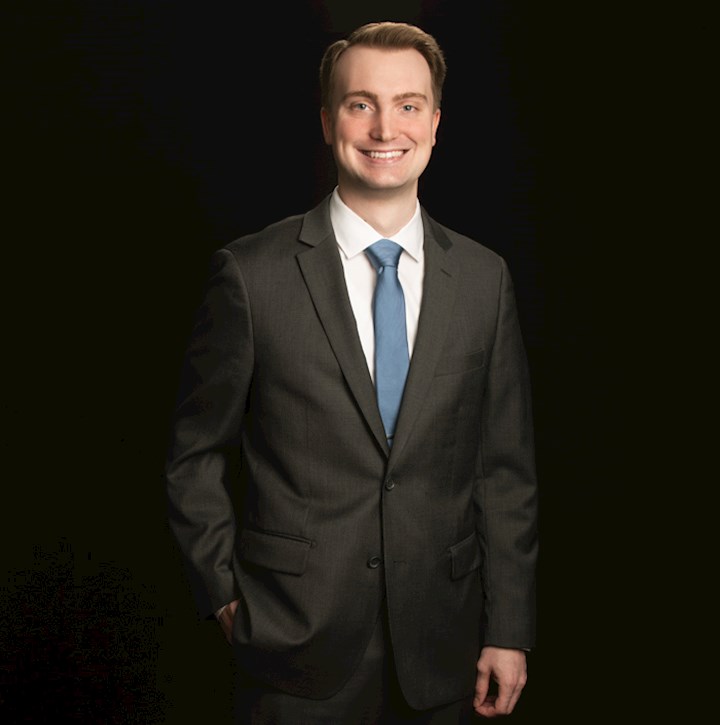
About Robert
Robert’s practice focuses on domestic and international patent prosecution, portfolio strategy and intellectual property (IP) due diligence in the field of life sciences. He leads the development and implementation of patent portfolio strategies that maximize the breadth and length of patent exclusivity to help his clients achieve their strategic business objectives. Robert also assists his clients in conducting patentability, invalidity, freedom-to-operate and noninfringement analyses to minimize their IP-related risks.
Robert has extensive experience in leading both investor-side and company-side IP due diligence analyses, including those in connection with licensing transactions, venture capital financings (early-, mid- and late-stage), public offerings and M&A transactions. Robert also has worked closely with patent litigators to provide support in district court cases, including preparing invalidity and noninfringement analyses, as well as developing counteroffensive patent strategies.
Robert counsels clients in a variety of different technological fields – including cellular therapy, gene therapy, cancer therapy, small-molecule therapy, biologic therapy, molecular diagnostics, drug delivery systems, genome-editing technologies, synthetic biology, computational biology, drug design and discovery, and single-cell sequencing and imaging. He has particularly extensive experience with CAR T cell therapies, AAV-based gene therapies, lipid nanoparticle drug delivery systems, spatial transcriptomics, antibody-based biologics, peptide-based biologics, liquid biopsy methods and companion diagnostics. Robert advises clients of all sizes, including universities, emerging companies and large publicly traded companies.
Robert completed his PhD in biophysics at Harvard University, where his research focused on the biochemistry of proteins that determine the morphology of the endoplasmic reticulum. As part of his doctoral studies, Robert successfully reconstituted the tubular endoplasmic reticulum network observed in neurons using only purified components, helping researchers better understand the basic mechanisms of organelle dynamics. As an undergraduate at Harvard College, Robert focused his research on the structural biology of mechanotransduction of inner-ear hair cells and used X-ray crystallography to solve several structures of protocadherin-15, a protein essential for vertebrate hearing. His undergraduate work has helped researchers rationally design gene therapies for treating genetic hearing loss. During the course of his studies, Robert authored publications in the scientific journals Nature and Structure.
Education
Suffolk University Law School
JD, cum laude, 2023
Harvard University
PhD, Biophysics, James Mills Peirce Fellowship, 2018
Harvard College
AB, Chemical and Physical Biology, magna cum laude with highest honors, Phi Beta Kappa, 2014